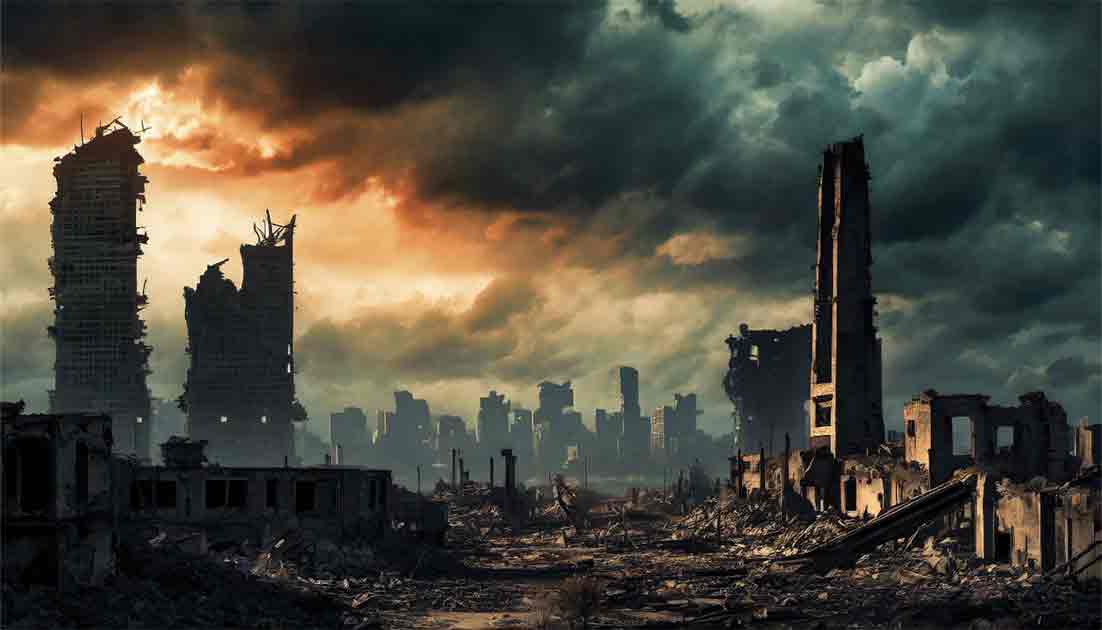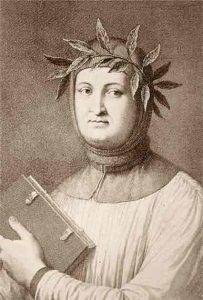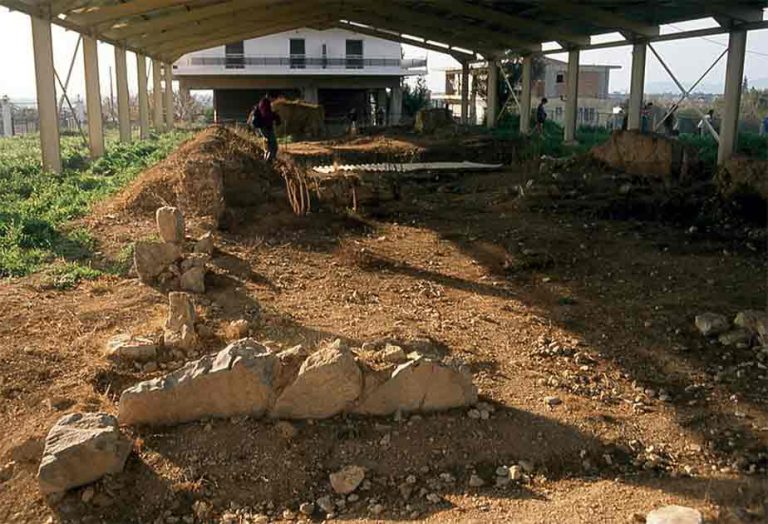An Uncomfortable Thought: Are We Living in a Dark Age?
 It was the Italian scholar Petrarch who first coined the term “Dark Age” in the way we understand it. The 14th century polymath, lamenting what he perceived as a lack of cultural progress and literary quality since the fall of the Western Roman Empire, compared these times to the glory days of the past and found them wanting.
It was the Italian scholar Petrarch who first coined the term “Dark Age” in the way we understand it. The 14th century polymath, lamenting what he perceived as a lack of cultural progress and literary quality since the fall of the Western Roman Empire, compared these times to the glory days of the past and found them wanting.
The concept of the “Dark Age” as he saw it was one of a Europe shrouded in cultural and intellectual darkness following the fall of the Roman Empire. The Classical Age was one of progress, culture, and civilization. Petrarch’s view of later European history was one where things were forgotten, where much that was good was lost.
Almost any modern reader looking to apply this dichotomy to the 21st century would conclude we are in an age of enlightenment. Our sophistication, our mastery of science and the natural world, the sheer sum of human knowledge we have amassed, should permit no other conclusion.
Right?
The Evolution of Petrarch’s Thought
Francesco Petrarch, often dubbed the “Father of Humanism,” was an early and pivotal figure in the development of the Renaissance. This radical rethink of humanity in Europe revered the classical past and aimed to revive its values.
Petrarch’s own writings, filled with nostalgia for the glories of Rome and Greece, often contrasted the grandeur of antiquity with what he saw as the cultural decay of his own time. He coined the concept of the “Dark Ages” to describe the period between the fall of the Roman Empire and his own present day, which he saw as a period of darkness compared to the light of classical knowledge.

But this is Petrarch looking at his world, and therefore considering what a “Dark Age” is cannot be limited solely to what Petrarch saw. For a start, modern historians generally agree that Petrarch was on to something with this idea, and there are definitely periods of cultural decline. And they also agree that we can apply his thinking to other periods of history: there has been more than one Dark Age.
The most famous of the others is the Greek Dark Age, which straddles the Mycenean kingdoms of the Bronze Age and the world of Homer to the later Hellenic Greece. For centuries after the Bronze Age Collapse from around 1200 BC Greece lost much of what it had been.
The great palaces, cities and kingdoms fell. Trade within Greece was reduced to a trickle of necessities. Trade between what remained of the Greek states and surrounding civilizations all but vanished. Their culture in ruins, the Greeks of the Dark Ages even forgot how to read, having to relearn the secret of writing far later from the Phoenicians.
And yet this new, agrarian subsistence reality was not without its glories. In a time without records many would look at the ruins that surround them and perceive a greater lost past, captured and preserved in their great stories and in the oral record. But they would not necessarily feel themselves impoverished.
The coastal town of Lefkandi, on the Greek island of Euboea, holds a settlement on a promontory known as Xeropolis, surrounded by Greek Dark Age cemeteries. Here the Greeks buried their dead with pomp and circumstance, and at the center of these remains lies something extraordinary: a hērōön, a hero’s grave.

Inside are two people, a man and a woman. The man has been cremated, his ashes wrapped in a linen cloth and held in a Cypriot amphora.
The woman however has not been cremated, but lies in her finery, surrounded by glittering artifacts made from precious metals. She wears a gorget from Babylonia which was a thousand years old when she was buried, but she herself cannot come from that time: the iron bits in the mouths of the four horses buried with the couple leave no doubt.
